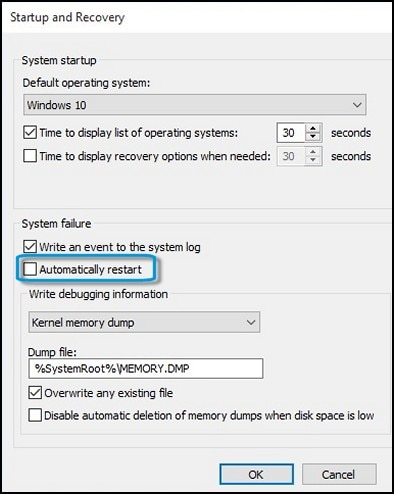My new pc reboots itself randomly, but not in the BIOS. I had a lot of difficulty installing Windows 10 due to the reboots. Finally I got to the desktop and installed chrome, it was good for a few minutes until my PC rebooted once again. It came back to the lockscreen and i logged in, then it rebooted itself.
I7-9700k
Msi Z390 gaming pro carbon
500gb samsung ssd
2tb western digital hdd
H100i rgb platinum
CX750M PSU
How can I make sure this is a PSU problem?
I7-9700k
Msi Z390 gaming pro carbon
500gb samsung ssd
2tb western digital hdd
H100i rgb platinum
CX750M PSU
How can I make sure this is a PSU problem?



